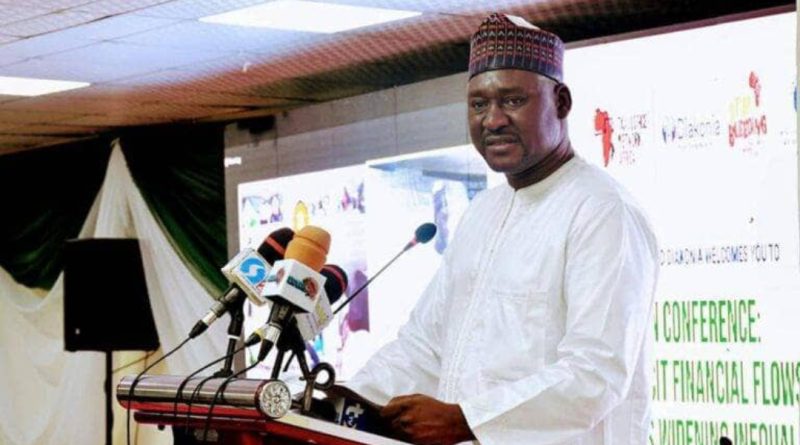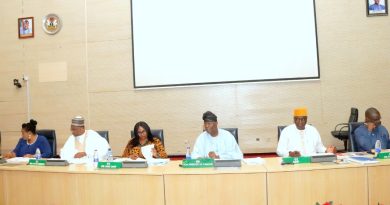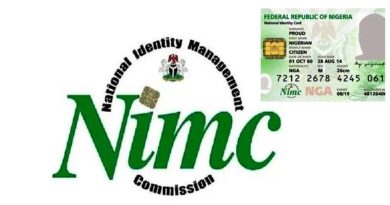CISLAC Demands Equity, Transparency in Nigeria Tax Bill 2024
Maryam Aminu
The Civil Society Legislative Advocacy Centre (CISLAC) has called on the National Assembly to seize the opportunity presented by the Nigeria Tax Bill, 2024, to address long-standing economic inequities and foster transparency in fiscal governance.
Described as a transformative legislative initiative, the bill has sparked widespread discussions about its potential to reshape Nigeria’s fiscal framework.
However, CISLAC’s Executive Director, Comrade Auwal Musa Rafsanjani, expressed concern over gaps that could exacerbate inequality and hinder the bill’s intended impact.
“The Nigeria Tax Bill, 2024, is a critical milestone in fiscal reforms,” Rafsanjani stated.
“But for it to truly serve the people, it must prioritize inclusivity, economic equity, and sustainable governance.”
Tackling Regional Inequalities
Central to CISLAC’s recommendations is addressing the contentious derivation model for VAT revenue distribution, which the group warns could deepen economic disparities among states.
CISLAC proposed a constitutional review and the creation of an Equalization Fund to support less-developed states, ensuring balanced economic growth across the nation.
“VAT revenue should be collected at the point of sale rather than remitted to corporate headquarters,” Rafsanjani asserted.
“This approach promotes transparency and equitable revenue sharing.”
CISLAC also expressed alarm over the proposed doubling of VAT rates by 2030, warning of its potential to increase inflation and poverty.
The organization called for maintaining the current VAT rate of 7.5% until the economy stabilizes.
It also recommended expanding VAT exemptions to include essentials such as cooking gas, kerosene, and electricity to ease the burden on low-income households.
“We must ensure that fiscal policies protect the most vulnerable Nigerians and do not worsen existing inequalities,” Rafsanjani emphasized.
The organization underscored the need for transparency and accountability in tax administration, particularly in managing incentives for multinationals and large corporations. Strengthening the Nigerian Investment Promotion Commission (NIPC) and establishing clear guidelines for tax compliance were highlighted as crucial steps.
“Revenue generated from the Development Levy must be transparently invested in education and institutional capacity building in underserved regions,” Rafsanjani said.
“This is essential for reducing socio-economic disparities and building public trust.”
CISLAC urged the National Assembly to engage extensively with stakeholders, including civil society organizations, to ensure that the bill reflects the aspirations of all Nigerians.
The group also called for public-private partnerships to foster sustainable industries and create employment opportunities.
“The government must address infrastructure gaps and ensure that tax revenues translate into tangible benefits such as improved healthcare, education, and public services,” Rafsanjani concluded.
The Nigeria Tax Bill, 2024, represents a pivotal moment for fiscal governance in Nigeria. While its potential is undeniable, CISLAC’s appeal highlights the need for deliberate action to avoid unintended consequences.
By addressing the identified gaps and fostering inclusive dialogue, lawmakers can transform this bill into a beacon of economic equity and transparency.
CISLAC reaffirmed its commitment to collaborating with the National Assembly, civil society organizations, and other stakeholders to ensure that the bill delivers on its promise of a fairer, more prosperous Nigeria.




